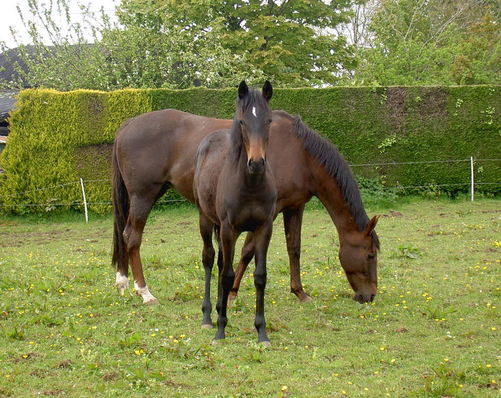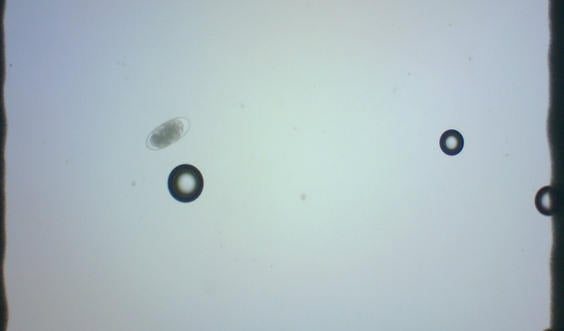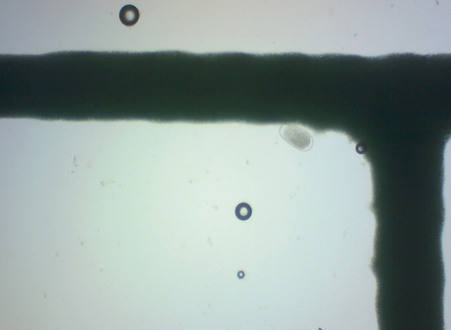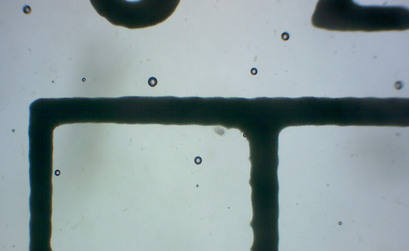Horses
Faecal Egg Counts (FEC) The high value of horses and the need for maximum performance means that it is essential to control worms adequately. A severe worm infection can emaciate, debilitate and even cause death in horses. Even a mild infection can seriously affect the development and performance of your horse. To effectively manage worms, the decision to treat must be an informed one. You may not need to de-worm at all, or you may find that you should have de-wormed earlier. Faecal Egg Counts (FEC) are at present the only satisfactory way of deciding when to treat your horse. The usual practice of dosing at regular intervals may therefore mean that you are worming your horse when no eggs are present. Thus you may be encouraging the development of resistant worms and wasting time and money. There is a wide variation in FECs between individual horses, however most owners worm as a group. Widespread international prevalence of resistance to two of the three worming base drugs available leaves only one fully effective class of chemicals remaining. Resistance occurs when worms are exposed to a drug repeatedly. Over time they genetically alter to survive the drug. Resistance can develop through importation, over-use, under-dosing and mis-timing of treatments. Ross Anthony Livestock Services Ltd uses FECPAK to provide you with FEC's for your horse. The FECPAK unit is a customised, purpose built product for calculating quick and accurate FEC. The Equine testing system has been refined to be more sensitive, accurate and repeatable than other methods. A good worm control programme is invaluable to maximise your horse's health and performance. 95% of all worms on your property are on the pasture, only 5% are within the animals. So how do we minimise the worm larvae numbers on the ground? FEC give an accurate indication of the contamination levels being produced by the animals, providing a method of managing pasture contamination and helping avoid further infection of other horses. We can either come to you and collect samples or you may post or drop them off with us if this is more convenient. We will then provide you with a prompt FEC and advise you of a suitable worming strategy. Regular monitoring will allow you to develop unique management strategies and enable you to spend less time and money on worm control without compromising your horse's health. Financial benefit (Information provided by Innovis). Save on wormers:
CAUTION!! FEC will not detect encysted stages of small strongyles or accurately portray tapeworm burden, therefore it is recommended to worm as directed for these species. Please consult your vet for more information.
We can also offer discounts for larger groups of horses and for those who wish to set up a programme to use our services regularly - let us take the guesswork out of worming and drenching for you and allow you to do so more objectively. The image on the left shows an Equine Strongyle egg and air bubbles.
The image below shows the same egg at x40 magnification.
|


 All our worm egg count kits are supplied with comprehensive instructions and management tips. Envelopes are all pre-paid making the process as easy as possible for you, However if you are a local farmer or horse owner then we may be able to call in instead to collect the samples or you can drop them off with us.
All our worm egg count kits are supplied with comprehensive instructions and management tips. Envelopes are all pre-paid making the process as easy as possible for you, However if you are a local farmer or horse owner then we may be able to call in instead to collect the samples or you can drop them off with us. This image on the right also shows an Equine Strongyle egg under the microscope at x100 magnification.
This image on the right also shows an Equine Strongyle egg under the microscope at x100 magnification.
